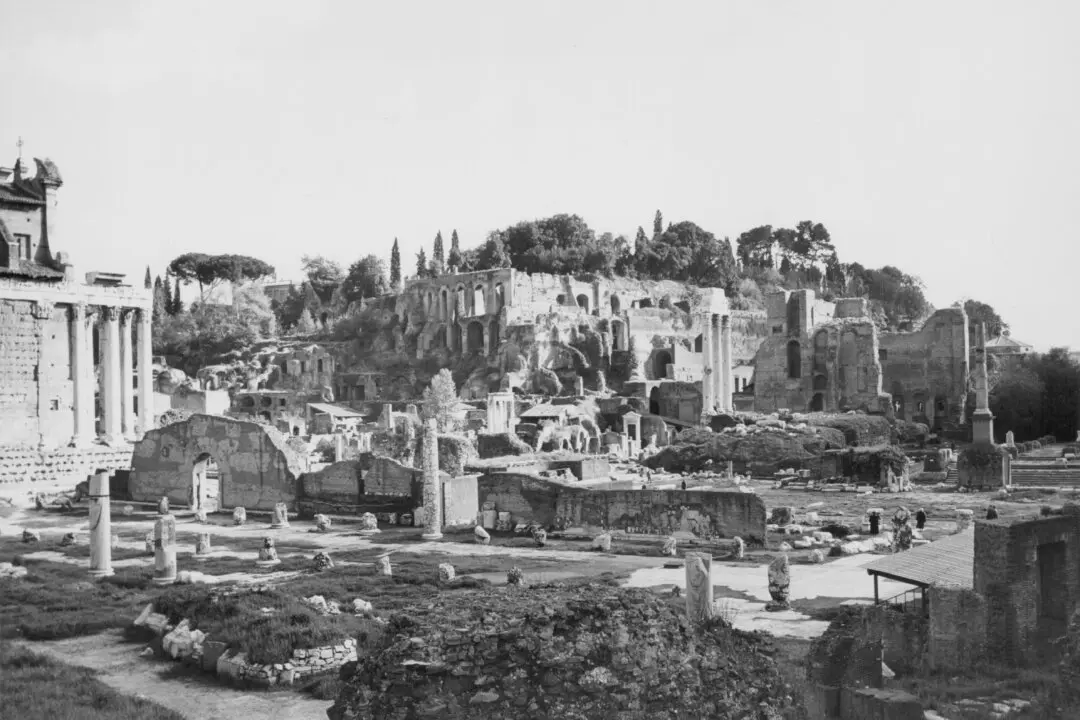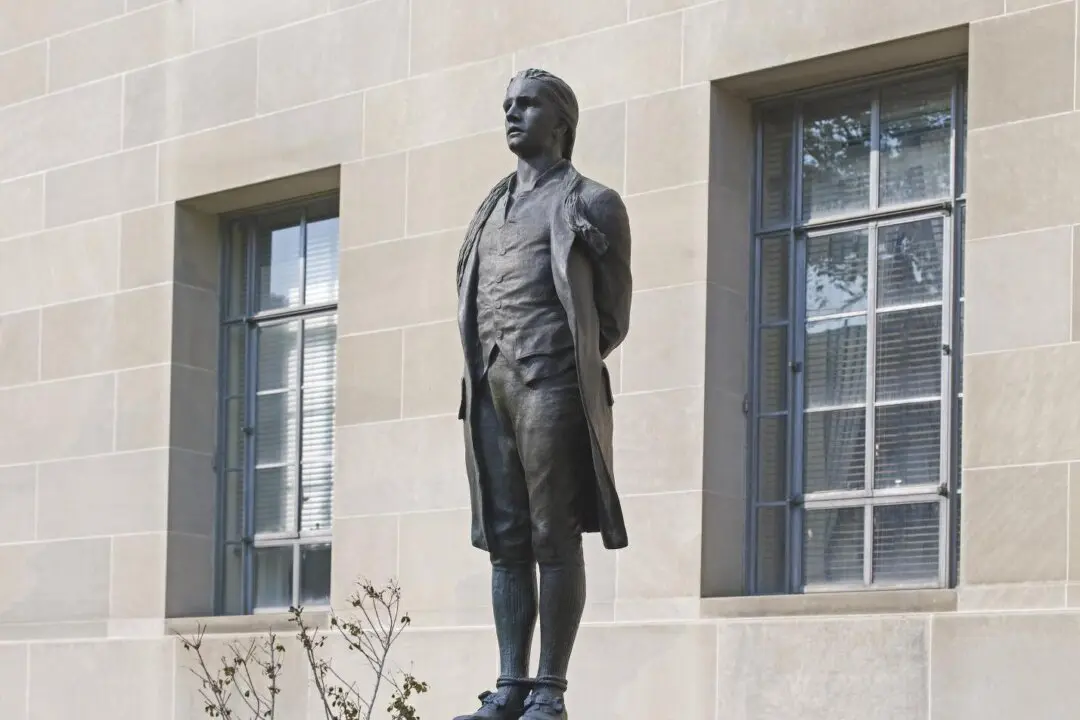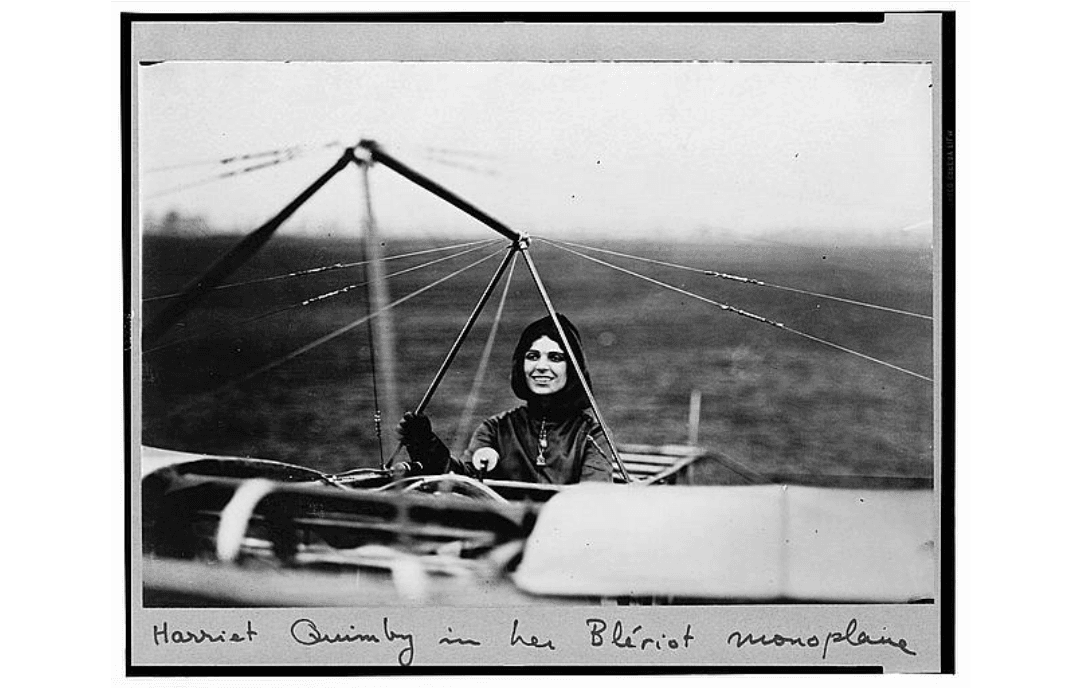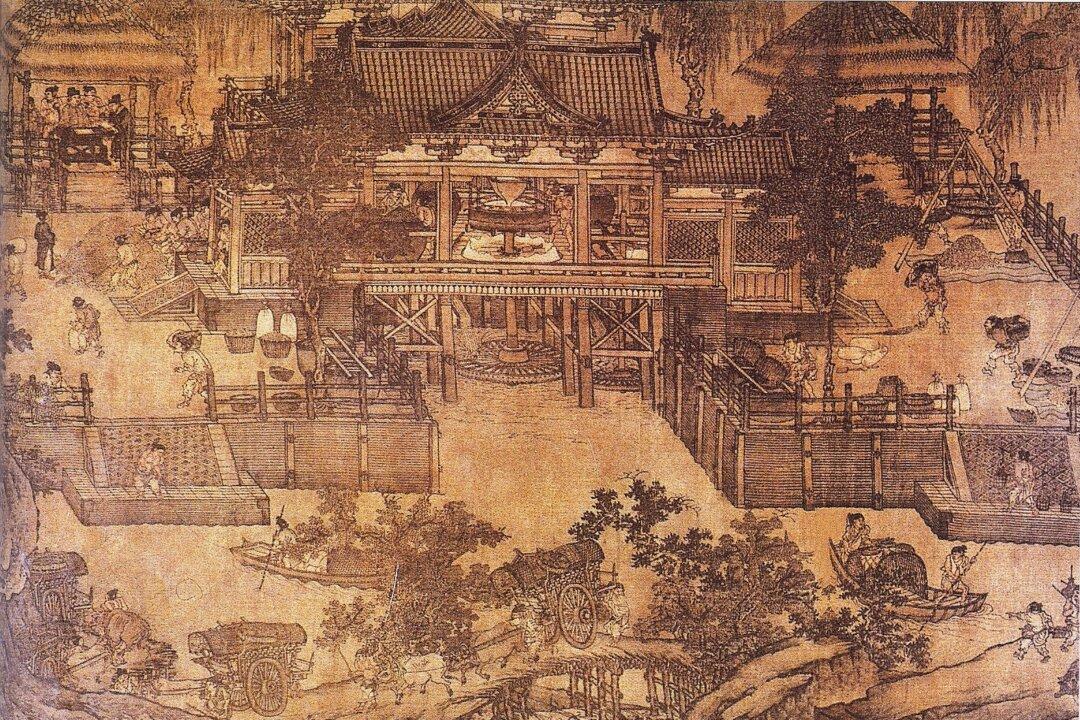To waste your life chasing delusions is bad enough. To sacrifice innocent lives without remorse as you pursue those fantasies is downright criminal. It defines you as a sociopath and a homicidal maniac.
Of Marxism and Murder: The Professor in the Peruvian Prison
He graduated from preaching Marxism in the classroom to practicing it in the field
From his earliest days in the classroom, he drenched his students in Marxism and became ever more radical as he did so.
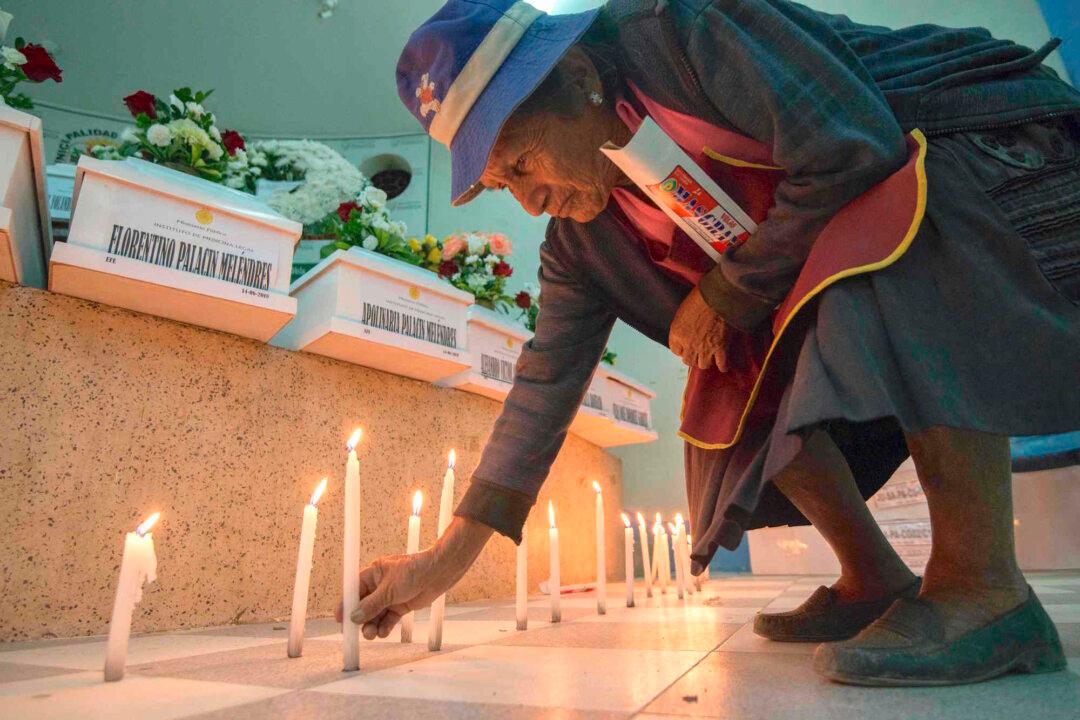
A relative lights a candle in the town of San Martin de Pangoa, Junin Department, Peru, on June 14, 2018 next to coffins containing the remains of 23 identified victims of a massacre by the Shining Path guerrillas in 1990. CRIS BOURONCLE/AFP via Getty Images
|Updated:

